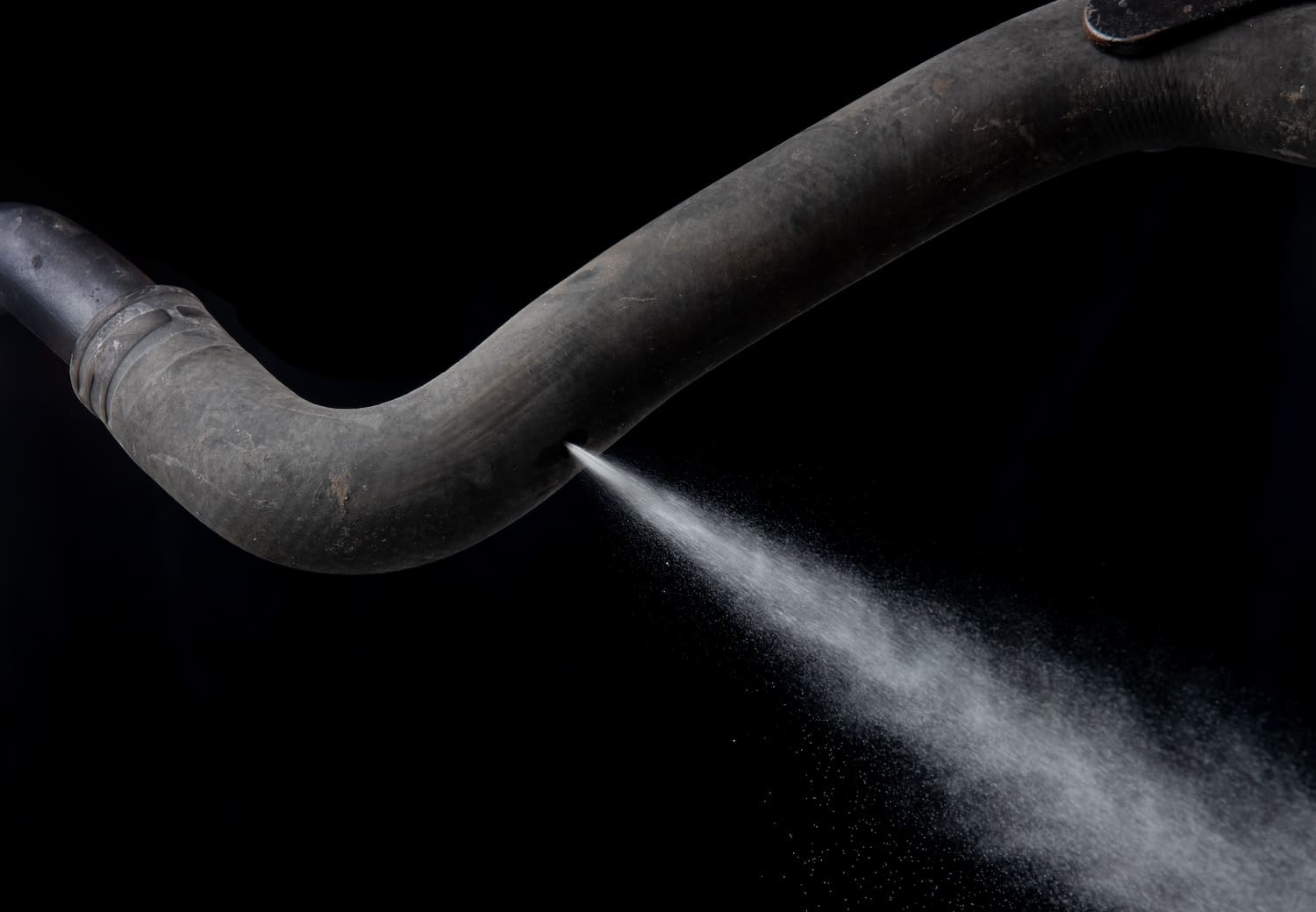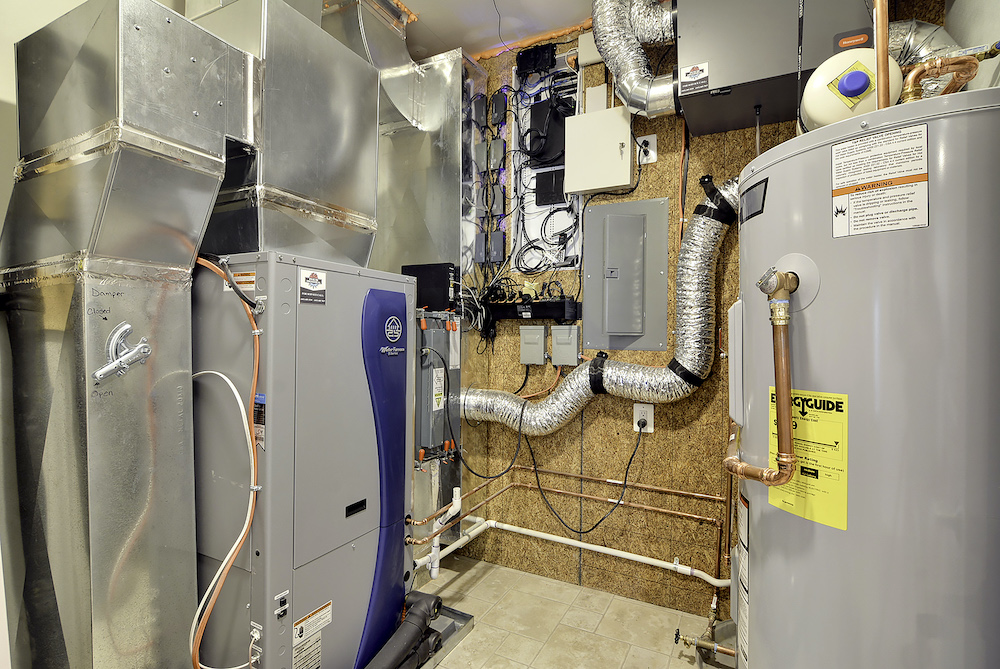Opening Hook
It was just after midnight when Hassan, a homeowner in Karachi, woke up to a faint hissing sound coming from his basement. At first, he thought it was the old water pipes rattling again. But as he stepped downstairs, a strong, sharp odor hit his nose—the unmistakable smell of gas. His heart raced. He knew that a single spark—maybe from flipping a light switch or even his phone charger—could turn his entire home into a fireball.
Gas leaks are not only terrifying, they are life-threatening. They can cause fires, explosions, and carbon monoxide poisoning in a matter of minutes. And because basements are enclosed and poorly ventilated, gas leaks there are even more dangerous. But the good news is this: with calm, quick action, you can protect yourself and your family.
So, what should you do if you ever face a basement gas leak? Let’s walk through it step by step, weaving in stories, safety science, and practical tips.
1. Recognizing the Warning Signs
The first step is awareness. Many people assume they’ll “just know” if there’s a gas leak, but that isn’t always true. Gas is naturally odorless. Companies add a chemical called mercaptan to give it a rotten-egg smell as a warning.
But smell isn’t the only clue. Other signs include:

- A faint hissing or whistling sound near gas lines.
- Dead or discolored plants near the leak source.
- Headaches, dizziness, or nausea when spending time in the basement.
For instance, one family in Lahore only discovered their leak when their dog refused to go downstairs for days. Animals often sense gas before humans do. Recognizing these early signs can mean the difference between a close call and a disaster.
Read More: How to Reduce Indoor Pollution in Underground Rooms
2. Don’t Panic—Act Smart
When faced with danger, panic is natural. But in the case of a gas leak, panic often leads to mistakes. The most common mistake? Switching on the light to “check” the basement. That small spark can ignite gas instantly.
Instead, remember this golden rule: avoid anything that creates a spark or flame. That means no light switches, no matches, and no electrical appliances. Stay calm and move deliberately.
Think of it like this: if Hassan had rushed to turn on the basement light, his house might not have survived the night. By keeping calm, he gave himself time to make the right moves.
Read More: Mixing Traditional Pakistani Decor with Modern Design: Creating Homes with Soul and Style
3. Evacuate Immediately
The moment you suspect a leak, get everyone out. Don’t waste time looking for the exact source. The basement can fill with gas quickly, and inhaling too much can cause unconsciousness before you even realize it.
Furthermore, it’s best to leave doors open behind you as you exit. This allows gas to disperse rather than build up. But do not linger. Your priority is safety, not saving belongings.
For example, in 2022, a family in Islamabad narrowly escaped an explosion because they left immediately after smelling gas. Their neighbors, however, lost valuable time searching for the leak and suffered minor injuries when the basement caught fire. Quick evacuation saves lives.
Read More: Construction Insurance for Basement Projects in Pakistan: Why It Matters More Than You Think
4. Call for Help—From a Safe Distance
Once you’re outside and at a safe distance—at least 100 feet from the house—call your gas provider or emergency services. If you’re in Dubai, DEWA (Dubai Electricity and Water Authority) can be reached, while in Pakistan, Sui Gas helplines are the first point of contact.
In contrast, what you must not do is call from inside the house. Phones can produce small sparks, which, in a gas-filled environment, are enough to ignite an explosion. Always make the call once you’re safely outside.
Read More: Fire Safety Systems for Underground Levels: Protecting Lives Below Ground
5. Do Not Re-enter the House
It can be tempting to run back inside to grab valuables or even to “double-check” if the smell has gone. But remember: even a tiny concentration of gas in the air can be deadly.
Gas leaks are deceptive—they may seem to disappear as the odor lessens, but that doesn’t mean the danger is gone. Gas can still linger invisibly, waiting for the smallest spark.
A real-life example comes from a family in Rawalpindi who returned to their basement after “waiting it out.” A simple flip of a light switch caused a small explosion, leading to severe burns. Their mistake? Not waiting for professionals to declare the house safe.
Read More: How to Soundproof a Kids’ Play Area
6. Ventilation: When and How to Do It
If the gas odor is faint and you are sure it’s safe enough to act before leaving, you may open basement windows and doors to increase airflow. However, this should only be done without switching on fans or electrical devices. Natural ventilation is safe—mechanical ventilation is not.

As a result, experts advise prioritizing evacuation first and letting professionals handle the rest. Even opening a single basement window can reduce risk, but it should never delay your exit.
Read More: Best Ceiling Fans for Low-Height Basements
7. Long-Term Prevention Measures
While knowing what to do in the moment is vital, preventing leaks in the first place is even more powerful. Some key strategies include:
- Annual inspections: Have your gas lines and appliances checked regularly by certified professionals.
- Install gas detectors: Much like smoke alarms, these devices alert you the moment gas is detected.
- Maintain appliances: Faulty heaters, stoves, or water boilers are often the source of leaks.
- Know where your shut-off valve is: In an emergency, shutting off the main gas supply can prevent escalation.
For instance, Ayesha, a homeowner in Dubai, installed gas detectors after her friend’s close call. Weeks later, her detector went off due to a small boiler malfunction. Because of that early alert, she prevented what could have been a disaster.
Read More: Basement Office Ideas – 11 Stylish Work From Home Spaces
8. The Silent Danger: Carbon Monoxide
Not all gas-related risks come with an odor. Carbon monoxide (CO) is a colorless, odorless gas that can build up when gas appliances malfunction. It’s often called the “silent killer.”
Symptoms include dizziness, confusion, and nausea—often mistaken for the flu. That’s why installing a carbon monoxide detector in basements and bedrooms is essential.
One tragic story from Lahore involved a family who left their basement heater running overnight. Without a CO detector, they never realized the gas was filling the room. Sadly, only one family member survived. This is why awareness about CO is as crucial as knowing about natural gas leaks.
Read More: Best Wallpapers for Moist Basement Walls
9. Teaching Your Family the Plan
Emergencies rarely give us time to think. That’s why families should practice what to do in case of a gas leak, just like they would for a fire drill.
Show children where to exit, remind them not to grab toys or phones, and explain why they can’t turn on lights. The more familiar they are with the routine, the less likely they are to panic.
In fact, Hassan later shared that his greatest relief was knowing his teenage son followed instructions and got the neighbors out, too. Preparation turns fear into action.
Read More: Timelines for Legal Basement Approvals in UAE
Closing: A Thought to Carry With You
A basement gas leak is one of those emergencies no one expects—but everyone should be ready for. The steps are simple: recognize the signs, evacuate calmly, call for help, and never re-enter until it’s safe. Behind these steps are countless real-life stories that remind us of both the risks and the resilience of families who acted quickly.
Lighting a match to check the smell, switching on a fan, or delaying evacuation may feel small in the moment, but those tiny decisions can make all the difference between safety and disaster.
So here’s the thought to carry with you: Your basement is where you store memories, not where danger should linger. The best way to protect your home is to stay prepared—because in the end, calm action is the strongest shield against unseen threats.
Call-to-Action: Tonight, take five minutes to locate your home’s gas shut-off valve and talk your family through a simple evacuation plan. You may never need it—but if you do, those five minutes could save your life.
🏗️ Basement Project Calculator
Latest Post
-
How to Build a Legal Basement Apartment in the USA | Guide
Opening Hook Imagine this: you’re standing in the nearly-finished basement of your home in the USA, and the monthly rent from the future tenant—or perhaps your aging parents moving in with you—is just about enough to cover your mortgage. You’ve envisioned your own “in-law suite,” financial freedom, or added flexibility. But then, you pause and…
-
20 Best Basement Man Cave Ideas for the Ultimate Space
Imagine this: you come home after a long week in your busy USA-based life, head downstairs, flip on the lights in the basement, and step into your very own retreat — a space built just for you. That’s the magic of basement man cave ideas, a growing trend for homeowners who want a unique sanctuary…



